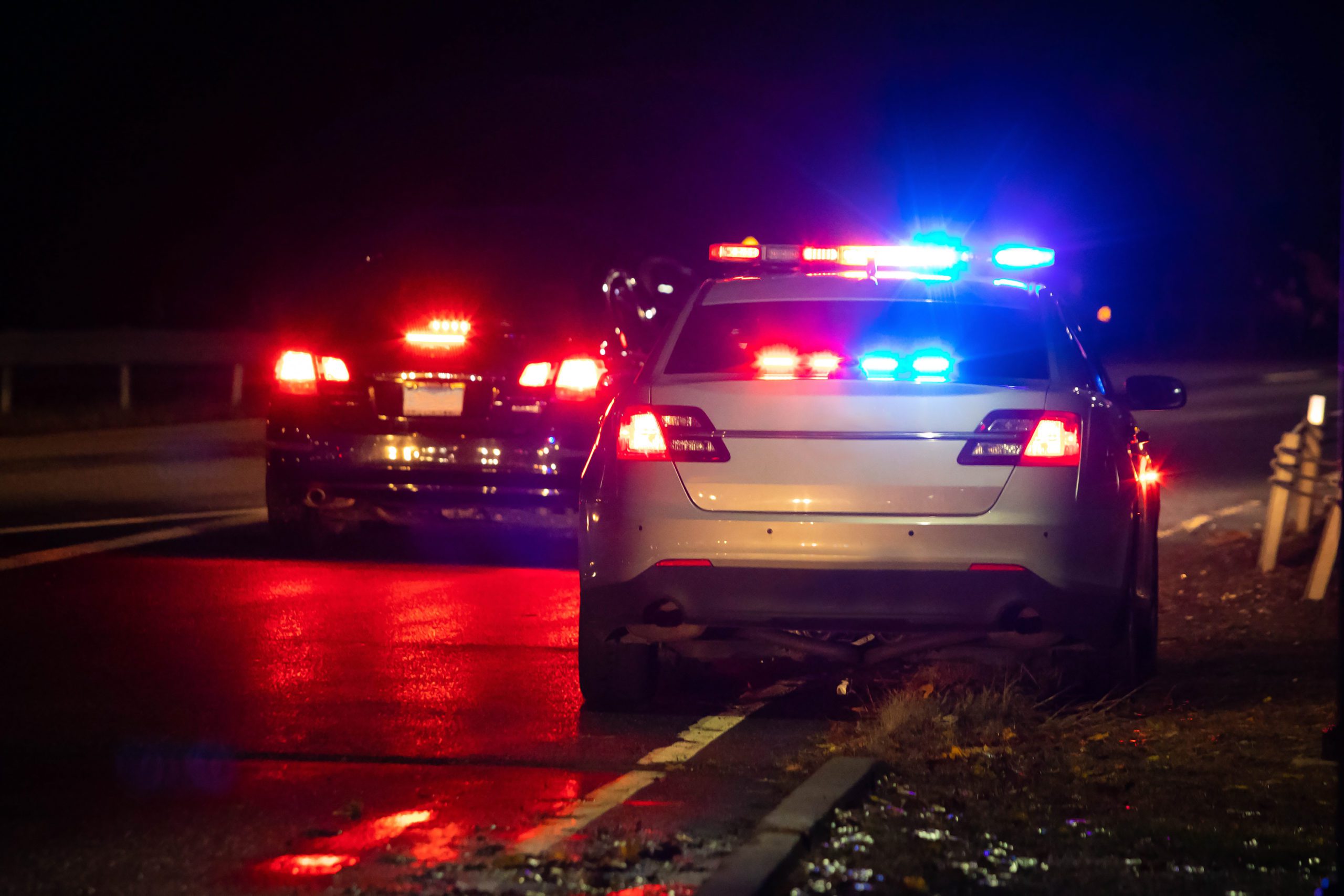What happens if the arresting officer doesn’t read Miranda rights during a DUI arrest?
The law says that 1) the arresting officer must make a complete video of the traffic stop, field sobriety tests, and the arrest, and the video must “show” the officer reading Miranda rights to the defendant, and 2) the Datamaster operator must make a complete video of the breath testing procedure in the Datamaster room.
The law – statutory and case law – says that the remedy is dismissal if the officer does not comply with the mandatory provisions of the DUI videotape law.
Last month, however, the SC Supreme Court decided State v. Taylor, where they carved out an exception for officers who fail to show the reading of Miranda rights on the roadside video.
Although, for now, all other violations of the videotape law will result in dismissal, the Court says that a failure to show the reading of Miranda rights should be treated as a Miranda violation resulting only in the suppression of any statements taken in violation of Miranda.
No Miranda Rights During a DUI Arrest No Longer Results in Dismissal
In State v. Taylor, the SC Supreme held that 1) the word “show” in SC Code § 56-5-2953 means that the officer must “show” Miranda rights being read to the defendant – it must include audio and video of both officer and defendant, and 2) the remedy for an officer’s failure is not dismissal – instead, the remedy is suppression of any statements taken in violation of Miranda.
56-5-2953’s Mandatory Provisions
Showing the reading of Miranda rights during a DUI arrest is only one of the mandatory provisions of SC Code § 56-5-2953.
The statute says that a person who is being charged with driving under the influence (DUI), driving with an unlawful alcohol concentration (DUAC), or felony DUI “must have his conduct at the incident site and the breath test site video recorded.”
“The video recording at the incident site must:”
- Being no later than activation of the officer’s blue lights,
- Include any field sobriety tests that are given,
- Include the arrest, and
- Show the person being advised of his Miranda rights.
“The video recording at the breath test site must:”
- Include the entire breath testing procedure, the person being informed that they are being recorded, and the person being informed that they have the right to refuse the test,
- Include the defendant and the actions of the breath test operator, and
- Include the defendant’s conduct during the 20-minute observation period.
What is the Remedy for Failure to Produce a Complete Video in a DUI Case?
The videotape law is designed to keep police and defendants honest, and to avoid the inevitable swearing contest in court. Does the officer say he or she read Miranda rights? The video will show it. Does the defendant say they performed like a boss on the field sobriety tests? The video will show it.
But how do you force the police to follow the videotape law?
In the absence of any other enforcement mechanism, dismissal of a DUI case is the only way to ensure compliance with the statute. Police and prosecutors want to do their jobs and they want to get convictions – they don’t want to waste hours or days of work just for a case to get dismissed because an officer wasn’t properly trained.
So the legislature 1) provided that dismissal is an appropriate remedy and 2) allowed for several exceptions in situations where it would not be reasonable for the officer to video record (medical emergencies, broken equipment, or other exigent circumstances).
The SC Supreme Court, in City of Rock Hill v. Suchenski and subsequent cases, affirmed that the legislature meant what they said and that DUI charges should be dismissed when the officer does not comply with videotape requirements.
What is the Remedy for a Miranda Violation?
In any criminal case, whether it is DUI or murder, the police must Mirandize a suspect before 1) questioning them 2) while they are in custody.
If the police don’t read Miranda rights before questioning a person who is in custody, the remedy is not the dismissal of the case. The remedy is suppression of any statements that the defendant made that violated the Miranda rule.
Is Failure to Show Miranda Rights During a DUI Arrest a Statutory Violation or a Miranda Violation?
An officer’s failure to show the reading of Miranda rights during a DUI arrest is both 1) a Miranda violation, if the officer proceeds to question the defendant while he or she is in custody, and 2) a violation of SC Code § 56-5-2953’s mandatory videotape provisions.
The remedy for a Miranda violation is suppression of statements taken in violation of Miranda. Before State v. Taylor, however, the remedy for a violation of SC Code § 56-5-2953’s mandatory videotape provisions was the dismissal of the DUI charges.
The Court, without explanation other than that they feel like the result of dismissal is “absurd,” held that an officer’s failure to show the reading of Miranda rights in a DUI arrest should be treated only as a Miranda violation and not as a violation of SC Code § 56-5-2953.
Based on this and the Court’s language in some prior cases, I believe we should look for future decisions from our SC Supreme Court walking back the legislature’s videotape mandate and making it easier for police and prosecutors to get convictions in DUI cases.
Questions About Miranda Rights During a DUI Arrest in SC?
If you have been charged with DUI in Myrtle Beach, SC, call your SC DUI lawyer at Coastal Law immediately. We will help you to understand what your potential defenses will be once we have obtained all evidence from the prosecutor and conducted an independent investigation of your case.
Call Coastal Law now at (843) 488-5000 or send us an email message to speak with a SC DUI lawyer today.



